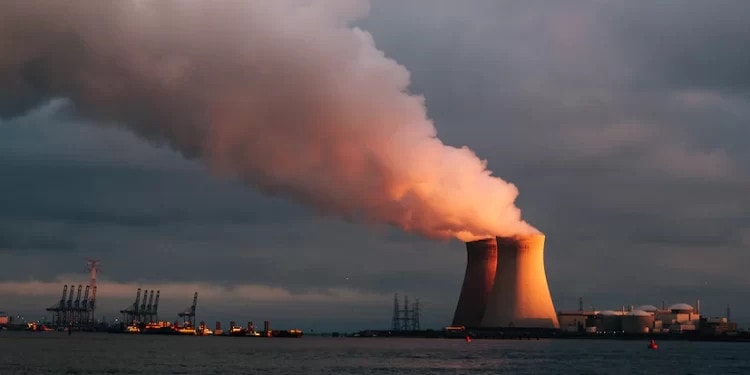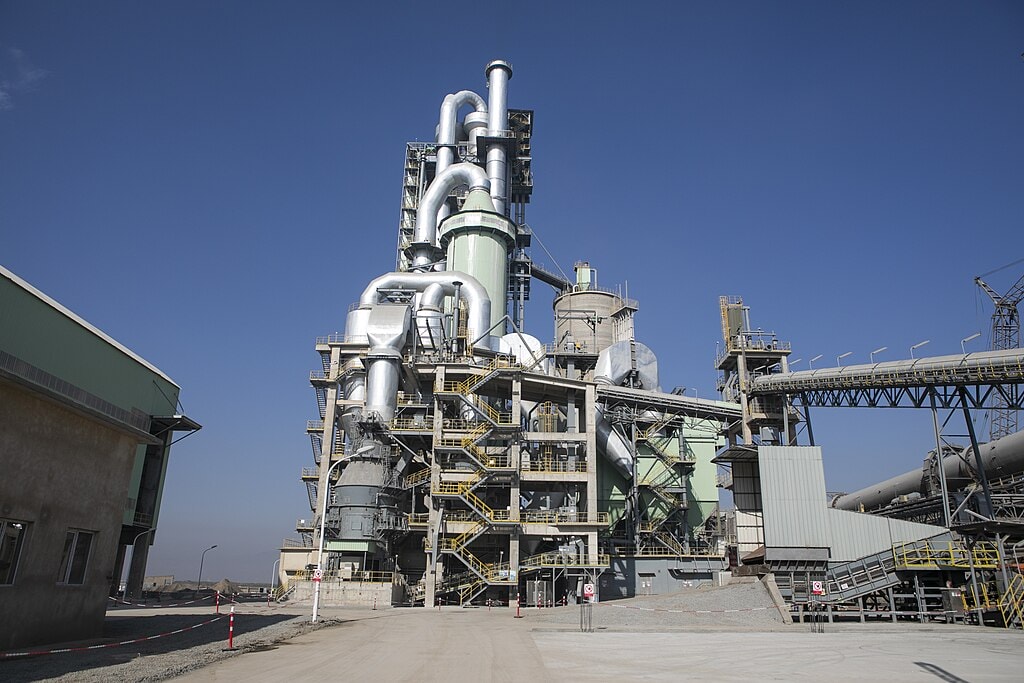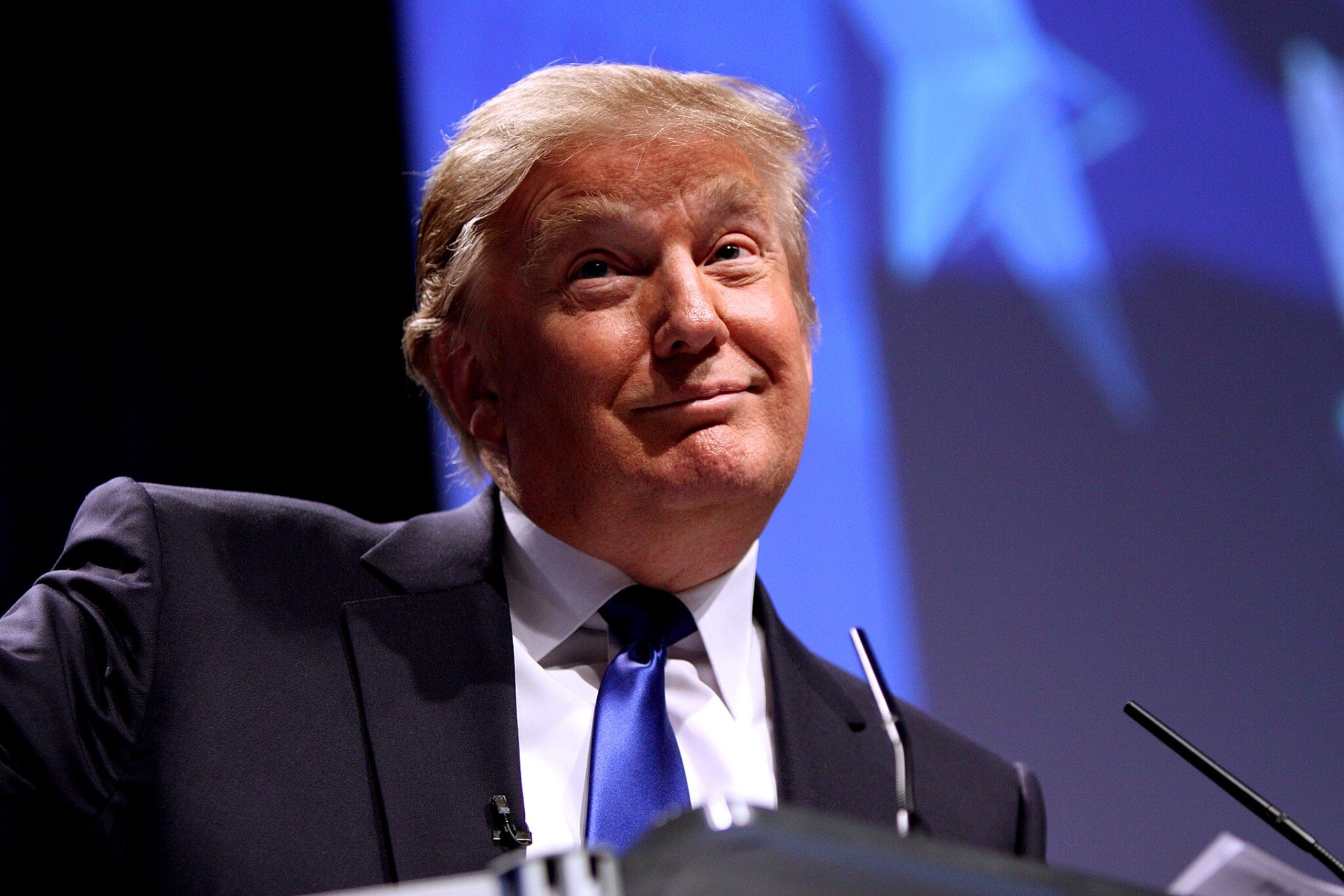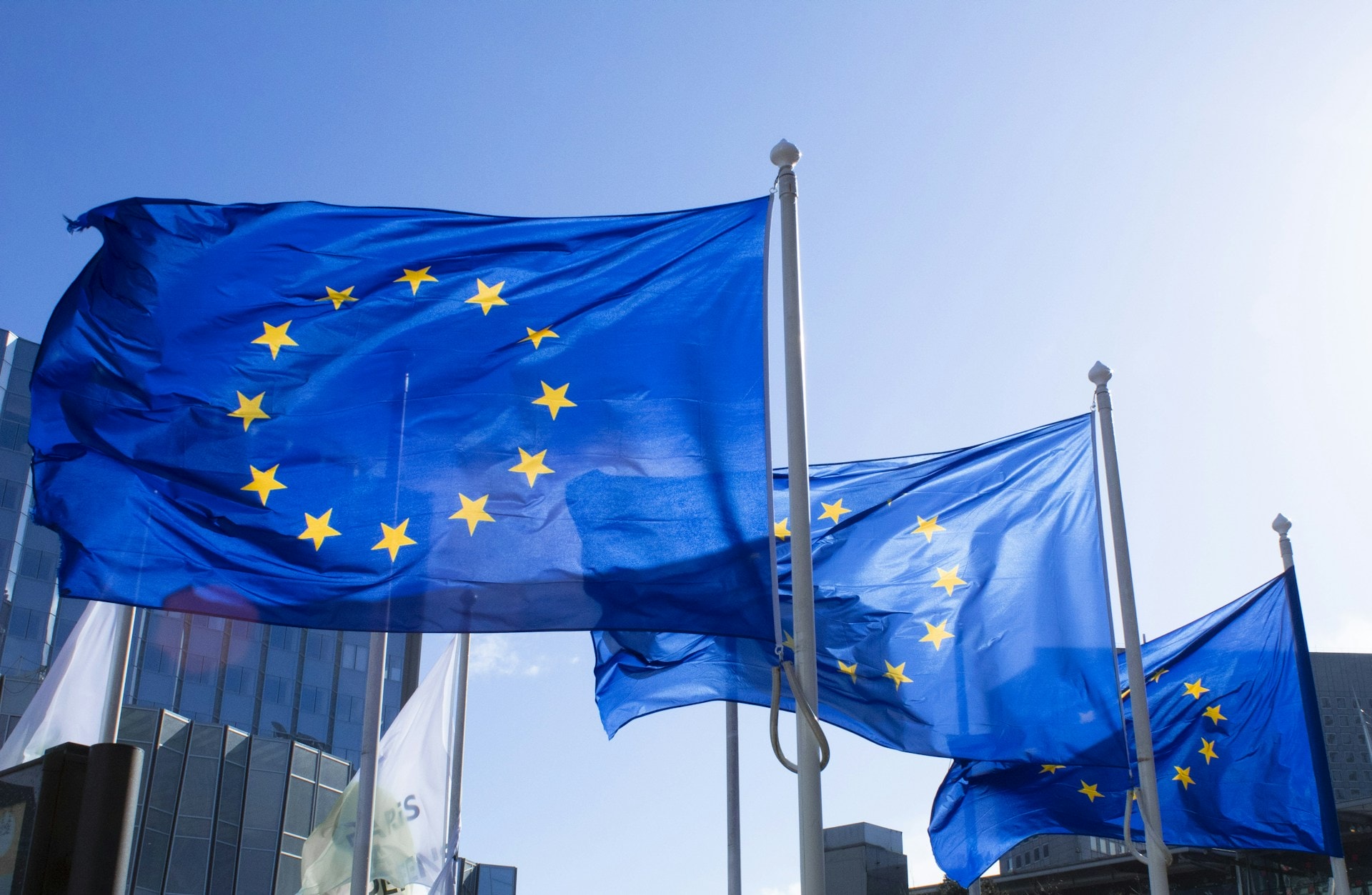On Thursday, March 9, the European Union Council agreed to fast-track the phase-out of fossil fuels by adopting a common position on climate and energy diplomacy ahead of the UN’s annual climate summit, COP28, in November.
In a text released on Thursday, titled: “Bolstering EU climate and energy diplomacy in a critical decade,” the Council promised that:
“The EU will systematically promote and call for a global move towards energy systems free of unabated fossil fuels well ahead of 2050,” both ahead of and during the upcoming climate summit later this year.
Dependence on fossil fuels has so far left the EU vulnerable to climate change, biodiversity loss, pollution, “market volatility and geopolitical risk.” Transitioning to other, more sustainable energy sources is now at the core of the EU’s diplomacy.
What exactly has the EU agreed upon?
With the fight against climate change becoming even more pressing, to address the ongoing energy crisis exacerbated by Russia’s invasion of Ukraine, the bloc has agreed to use renewable energy or energy savings, rather than fossil fuels, to replace Russian energy.
“The shift towards a climate neutral economy will require the global phase-out of unabated fossil fuels,” states the Council, with a peak in fossil fuel consumption expected in the near term.
Indeed, as Russia’s war in Ukraine has added a ticking clock to the transition to low-carbon fuels, a turning point is approaching, with demand for fossil fuels expected to peak or plateau in 2025, according to the International Energy Agency’s (IEA) annual forecast released in 2022.
The EU’s fossil fuel phase-out plan was approved two weeks later than initially anticipated, as consensus could not be reached on the matter of nuclear energy.
The concluding agreement’s phrasing now indicates that nuclear energy will indeed play a role in the transition to renewable energy, as referred to by the EU’s intention to promote “low-carbon technologies.”
France, particularly, relies heavily on nuclear energy, insisting that nuclear-made hydrogen should be classified as green. Germany and Spain, on the other hand, were wary of the possible distraction that incorporating nuclear energy could entail in the transition to fully renewable energy.
Still, ministers agreed to incorporate nuclear gas into their plan but stressed that there was “no need for a one-to-one replacement of former Russian natural gas import volumes.”
Related Articles: #StopWillow: Can the TikTok Campaign Stop the New Alaskan Oil Project? | Oil Baron Elected President-Designate of COP28: How Has the UN Allowed This? |Climate Loss & Damage: What Gaps Will the New Fund Fill?
Analysis by Climate Action Tracker, an organisation measuring governments’ climate action and tracking global temperature, evaluated the threat posed by the global dash for gas (following the war in Ukraine). It concluded that the world’s ability to restrict global temperature rises to 1.5°C, as targeted by the Paris agreement, will be close to impossible.
In the same forecast published in 2022, the IEA also stated it expects global temperatures to rise by 2.5°C by the end of the century, warning that governments would need to raise clean energy investments to $4 trillion by 2030 to achieve their net-zero emissions target by 2050.
Is COP28 going to be any different from COP27?
Similar to the EU’s new phase-out plan, a proposal advanced by India was discussed at last year’s COP27 summit in Egypt. Along with the EU, almost 80 countries supported the proposal, but intervention by Saudi Arabia and other oil and gas-rich nations ultimately killed the initiative.
Long and intense discussions took place surrounding the transition away from fossil fuels. “phasing-out fossil fuels” was changed to “phasing-down” coal, as no agreement could be reached on oil and gas.
Although the Council’s announcement brings hope for the summit in November to take decisive action against fossil fuels, three factors could potentially cast a shadow on these ambitions and the summit as a whole.
Firstly, despite calls from governments to end dependence on fossil fuels, many policies seem, if not paradoxical, then definitely counterproductive to this goal. In the US, for example, the Biden administration has just approved the Willow Project in Alaska, which in drilling for oil and gas would release 9.2 million metric tons of planet-warming carbon pollution a year.
.@POTUS pledged to end new drilling on federal lands.
This disastrous decision to approve the Willow Project in Alaska, one of the largest oil development projects in decades, will have devastating consequences on our planet, frontline communities, and wildlife. pic.twitter.com/RAZikTpVTt
— Congresswoman Rashida Tlaib (@RepRashida) March 13, 2023
Secondly, the talks could be overshadowed by the UAE’s controversial decision to appoint Sultan Al Jaber, CEO of Abu Dhabi National Oil Company, as the President of the climate talks. His role is critical for the outcome of the talks.
Although activist groups have called this appointment out as a blatant “conflict of interest,” Al Jaber has insisted that the UAE is approaching COP28 “with a strong sense of responsibility and the highest possible level of ambition.”
Will this be enough?
This year, the EU has been sterner in their position on energy, calling for “a resolute and just worldwide transformation towards climate neutrality, including a phasing out of unabated coal in energy production.”
Ministers have also agreed that “EU energy diplomacy will promote the global phase-out of environmentally harmful fossil fuel subsidies.”
In response to the EU’s pledges, the environmentalist group, Climate Action Network (CAN) Europe, shared their slight disappointment regarding the limited scope of the Council’s plan.
Sven Harmeling, CAN Europe’s international climate policy coordinator, said that “we’re missing a clear signal from the EU that it would end finance for all fossil fuels and not just coal.”
Additionally, the group found that there’s a lack of clear mention of CO2 reduction targets for 2035 and 2040, instead focussing only on 2030 and 2050.
Still, he thinks the deal “sends an important signal that the EU is speaking out on the need to move away from fossil fuels.”
It will be interesting to see what progress the nations will be able to achieve at the COP28 summit and how the energy crisis and fossil fuel situation will develop until then, and of course, thereafter.
Editor’s Note: The opinions expressed here by the authors are their own, not those of Impakter.com — In the Featured Photo: Power Plant Featured Photo Credit: Mick Truyts











